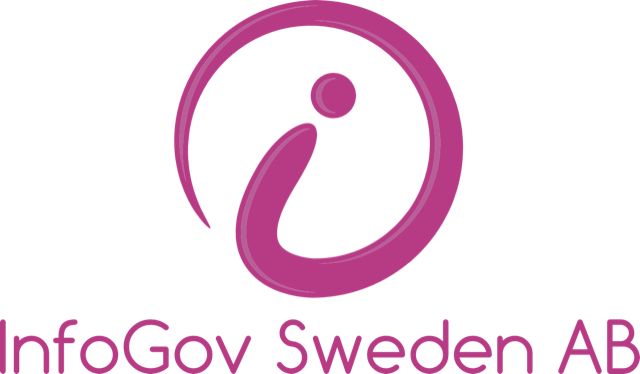Facilitation
Facilitation tends to be required where there are high-levels of complexity, a diverse range of views, and perhaps some degree of conflict. Bespoke sessions are designed to meet a client’s needs, then delivered at F2F or virtual events.
The Facilitator
A facilitator is someone “who contributes structure and process to interactions so groups are able to function effectively and make high-quality decisions. A helper and enabler whose goal is to support others as they pursue their objectives.” *
As a member of the International Association of Facilitators, I adhere to the core competencies of the profession so that I might be successful in a wide variety of environments. The table at the bottom of this page outlines the skills, knowledge and behaviours clients can expect to see when working with InfoGov Sweden AB.
*Bens, I. (2012). “Facilitating with ease! Core skills for facilitators, team leaders and members, managers, consultants, and trainers.” San Francisco: Wiley.
The Facilitation Process
There are many different types of participatory process that can be employed by a facilitator but at their core, are three generic phases i.e. Open, Explore, and Close. We provide a brief description here by way of example:

*after Gray, D. et al. (2010). "Game Storming: A Playbook for Innovators, Rulebreakers, and Changemakers" Sebastopol, O'Reilly.
Open (or Divergent)
The first phase is all about opening up the room to a sense of the possibilities that lie ahead, brainstorming ideas, building energy and enthusiasm for the task at hand. This is not the time for critical thinking, or skepticism (that comes later), this is a time for diverging perspectives.
Explore (or Emergent)
The second phase feeds off of the energy and ideas generated in the first and moves into one of exploration and experimentation. Teams work collaboratively to make novel associations and identify emerging patterns that lead them towards innovative solutions of real potential.
Close (or Convergent)
The third and final phase is one of assessment, prioritisation, and action planning. Critical thinking is employed to make informed decisions and skepticism used to ensure actions are tangible and achievable. The many ideas that were originally in the room will now converge into a workable consensus, essential to any successful implementation.
Detailed outline of the IAF's core competencies
| IAF Core Competencies | Required skills, knowledge and behaviours of a facilitator |
| A. Create Collaborative Client Relationships |
A1. Develop working partnerships A2. Design and customize applications to meet client needs A3. Manage multi-session events effectively |
| B. Plan Appropriate Group Processes |
B1. Select clear methods and processes that foster open, inclusive, and productive participation B2. Prepare time and space to support group process |
| C. Create and Sustain a Participatory Environment |
C1. Demonstrate effective participatory and interpersonal communication skills C2. Honour and recognise diversity, ensuring inclusiveness C3. Manage group conflict C4. Evoke group creativity |
| D. Guide Group to Appropriate and Useful Outcomes |
D1. Guide the group with clear methods and processes D2. Facilitate group self-awareness about its task D3. Guide the group to consensus and desired outcomes |
| E. Build and Maintain Professional Knowledge |
E1. Maintain a base of knowledge E2. Know a range of facilitation methods E3. Maintain professional standing |
| F. Model Positive Professional Attitude |
F1. Practice self-assessment and self-awareness F2. Act with integrity F3. Trust group potential and model neutrality |
Where do you need to innovate?
Product/Service
- Invention and prototyping
- Clinical and regulatory strategies
- Innovation ecosystems
Business
- Financing and deal structures
- Company product and service offerings
- Organisational efficiency
Operations
- Infrastructure projects
- Operational and process effectiveness
- Technology adoption
Contact us today
To find out more of how we can help you and your business call +46 (0)70 272 4716 or send an email to: info@infogov.se
